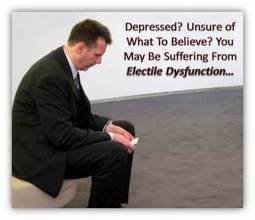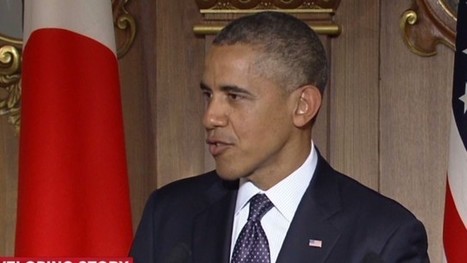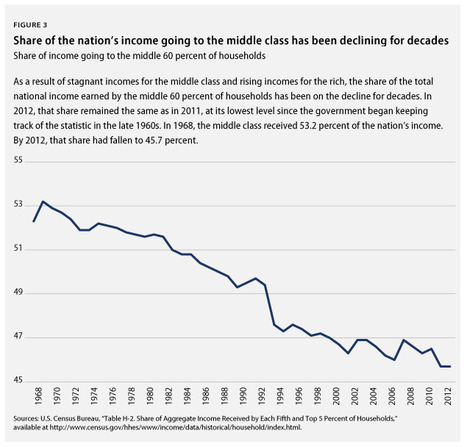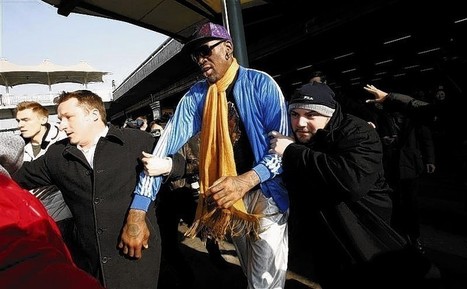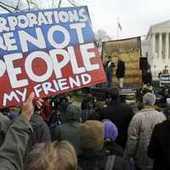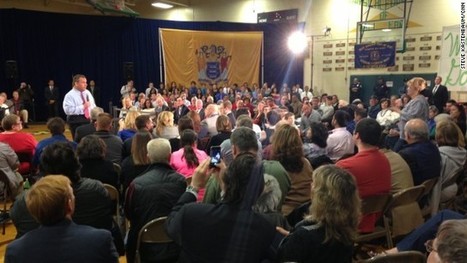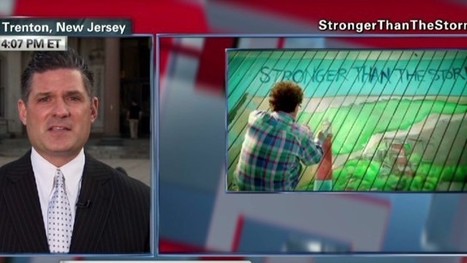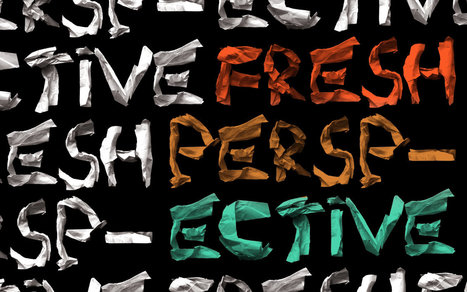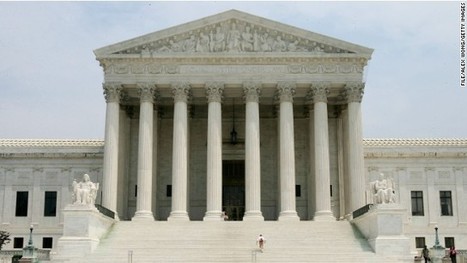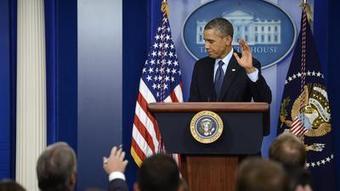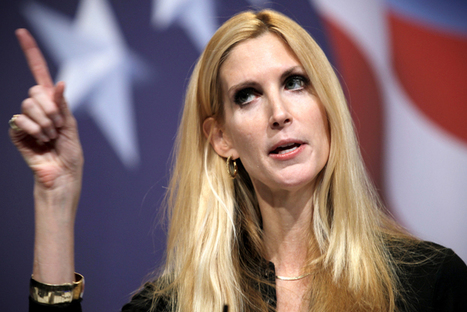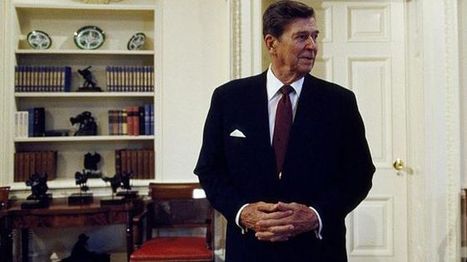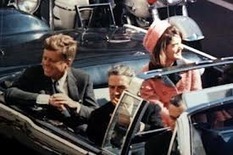Late last year, the Montana high court, citing the state's long history of corporate money corrupting politics, defied the U.S. Supreme Court’s Citizens United decision and continued enforcing the state’s 100-year old law banning corporate involvement in state elections. The Supreme Court has blocked the Montana court’s decision pending on its own determination as to whether to formally hear the case this fall. Allowing a full argument in matter could allow the Court to reconsider the merits of the Citizens United decision, which opened the doors to unlimited corporate and union involvement in American elections.
Now, attorneys for the U.S. Chamber of Commerce, a 100%-corporate funded lobbying group that has used the Citizens United decision to pump tens of millions of undisclosed dollars into federal elections over the last two years, is fighting to maintain the status quo. And they don’t want the justices to consider the evidence that the Citizens United decision, along with prior examples of corporate involvement in campaigns, causes corruption.



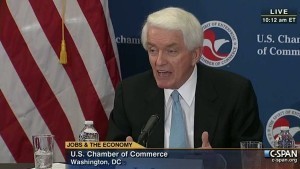


 Your new post is loading...
Your new post is loading...
